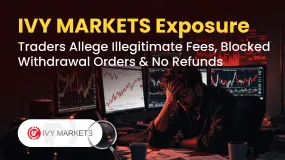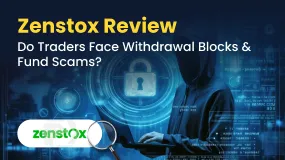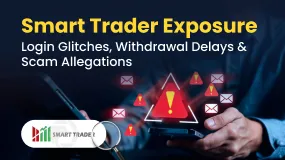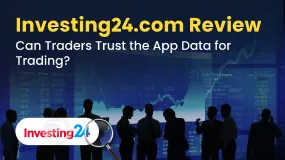Abstract:Investment scams are no longer the domain of obvious fraudsters and badly written emails. Today’s scams are polished, convincing, and alarmingly professional. They mimic the language and appearance of legitimate investment firms, targeting everyone from novice investors to seasoned professionals. A single mistake could wipe out years of savings. But by learning to spot the red flags early, you can protect yourself and your finances from these increasingly deceptive traps.
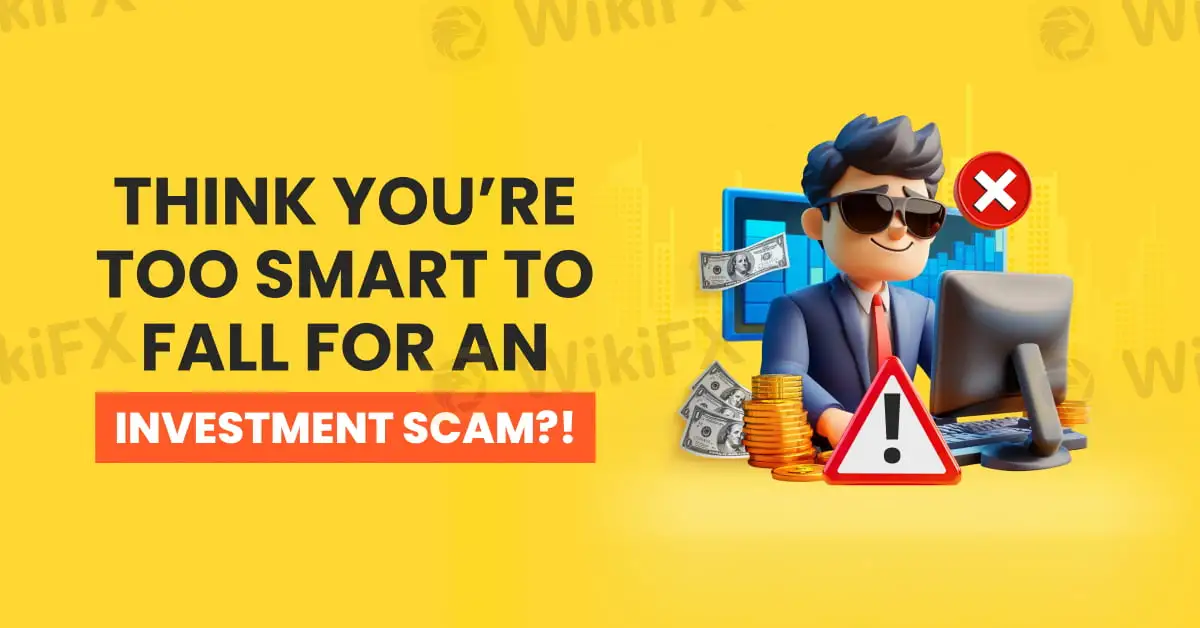
Investment scams are no longer the domain of obvious fraudsters and badly written emails. Todays scams are polished, convincing, and alarmingly professional. They mimic the language and appearance of legitimate investment firms, targeting everyone from novice investors to seasoned professionals.
The stakes are high. A single mistake could wipe out years of savings. But by learning to spot the red flags early, you can protect yourself and your finances from these increasingly deceptive traps.

If someone promises you sky-high returns, especially with phrases like “guaranteed profits” or “double your money in weeks”, alarm bells should be ringing. Fraudsters rely on greed and urgency, knowing that inflated returns are tempting. But in reality, no legitimate investment is risk-free, and high returns always carry proportionate risk.
What to do:
Compare the advertised returns with average market performance. Most long-term investments grow slowly and steadily. If a product promises more than 8–10% annually, or even monthly, with zero risk, its likely a scam. Always remember: if it sounds too good to be true, it probably is.

Scammers don‘t want you to think too much as they want your money quickly. That’s why they use high-pressure tactics such as “this offer expires today” or “we‘re only accepting a few more investors.” They’ll discourage you from taking time to do your research or speak with a financial adviser.
What to do:
Legitimate investments don‘t expire overnight. Take your time. Ask for all documentation, and don’t be afraid to walk away if you feel rushed or uncomfortable.

Many scams operate outside the reach of financial regulators. They may provide impressive-looking documents or websites, but no real oversight backs them. Some even pose as licensed firms, using cloned websites or fake registration numbers.
What to do:
In the UK, always check with the Financial Conduct Authority (FCA). Their online register allows you to verify whether a firm is authorised. If you‘re outside the UK, your country’s financial regulatory body (like the FSCA in South Africa or SEC in the US) will have similar tools. To do this in just a few clicks, download the free WikiFX mobile application that houses all the information you need of over 50,000 investment firms worldwide.


Fraudsters often hide behind technical jargon. Beware of those claiming they use “AI-powered algorithms,” “quantum trading models,” or “blockchain arbitrage.” They avoid explaining how the investment actually works and hope youll be too intimidated to ask.
What to do:
Ask for a clear, simple explanation. If they can't provide one or try to belittle you for asking, then thats a red flag. A legitimate adviser should help you understand how your money is being used.

Whether its a cold call, unsolicited email, or even a direct message on LinkedIn, scammers often pretend to be financial professionals with a unique opportunity “just for you.” They may use fake reviews, paid actors in testimonials, or even impersonate known figures to gain your trust.
What to do:
Be cautious with any investment pitch that comes to you unsolicited. Look up the company independently. Dont use any links they send. It is best to go directly to official websites and regulatory registers. And never be swayed by a glossy brochure or Instagram post of someone lounging on a yacht.











